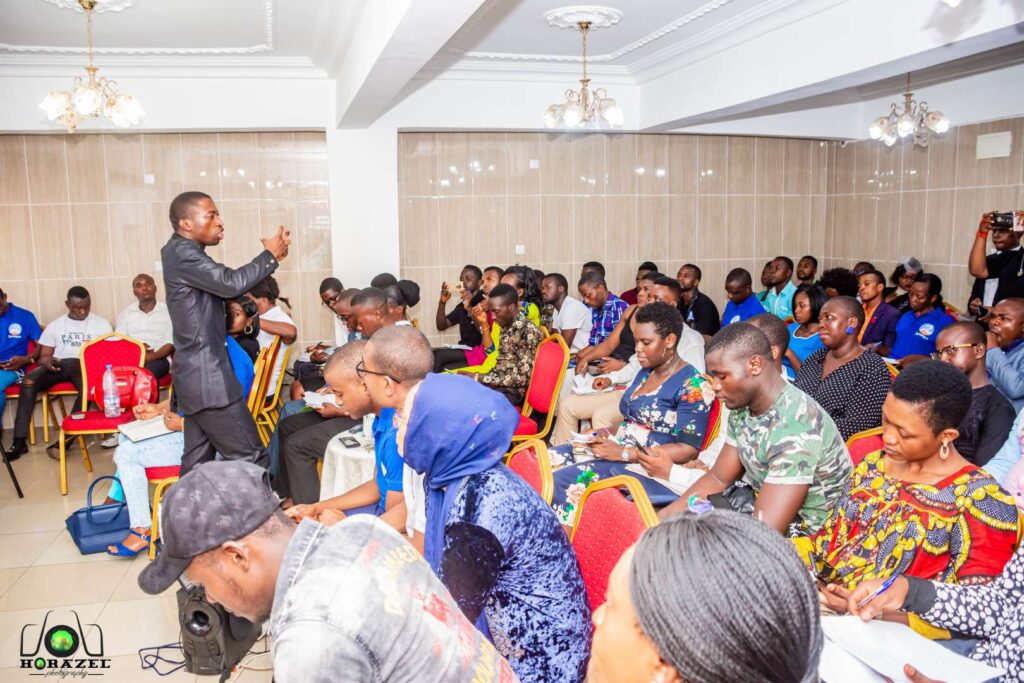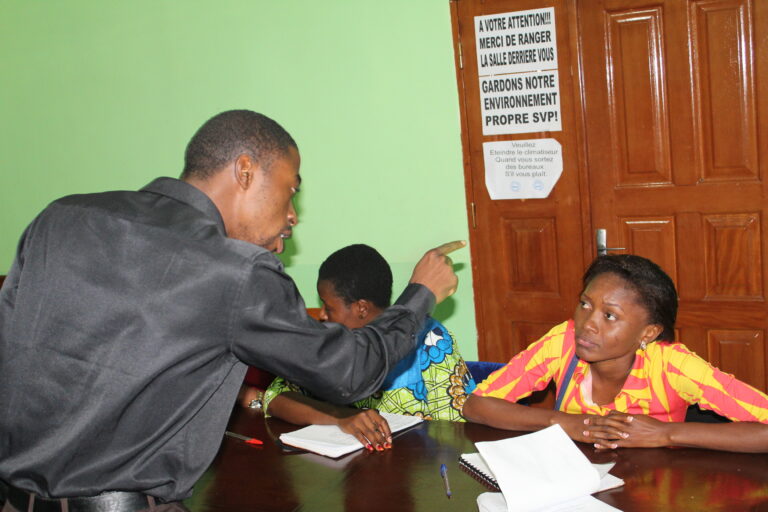Poverty Indoctrination in Africa Through the Education System by Dr. Joybert Javnyuy
Introduction
This article explores my argument that Africa’s education system unintentionally fosters a cycle of poverty in the young people. Drawing from my experience of being a high school teacher and a university lecturer in Cameroon, Ghana and Nigeria and being a speaker and trainer who has traveled across 15 African nations to speak in youth events.
This article briefly examines how the current curriculum may limit opportunities and fail to equip students with the skills necessary for economic growth and prosperity.
Education is a powerful tool that shapes the societal norms and economic futures of nations. However, when educational systems instill limitations rather than possibilities, they can perpetuate a cycle of poverty. The education systems have the power to contribute to poverty indoctrination, limiting student’s worldviews and economic aspirations.

Problem Statement:
The education systems (content and pedagogy) across some countries in Africa are structured in a way that potentially reinforces poverty mentalities among students, hindering their capacity to aspire for and achieve economic prosperity.
Objectives:
Few years ago, I started intentionally observing the educational systems across Africa with the following objectives;-
1. To identify educational practices that contribute to poverty indoctrination in Africa.
2. To analyze the impact of curriculum content on students’ economic perspectives.
3. To examine how a focus on Western educational models may neglect the practical skills and cultural context relevant to African economies.
4. To assess the role of teacher attitudes and expectations in reinforcing economic limitations.
5. To explore the influence of educational resources on poverty mindset.
6. To investigate the lack of emphasis on entrepreneurship, financial literacy, and vocational training in many African education systems.
My discoveries:
My insights gathered through thoughtful observation, interactions with students, analyses of curriculum materials and observations of pedagogical approaches.
Certain aspects of the education system across some African countries such as a heavy emphasis on rote learning, lack of critical thinking development, limited exposure to practical entrepreneurship, inability to adapt the learning process to the fast changing economy, significantly contribute to poverty indoctrination.
The prevailing educational approach fails to encourage ambition or provide tools for financial success, thus perpetuating economic stagnation.
My Proposed Solutions;
1. Curriculum Reform:
Shift the focus from rote memorization to critical thinking, problem-solving, and creativity by incorporating project-based learning and inquiry-based approaches.
2. Skills for the future:
Integrate financial literacy, entrepreneurship education, and vocational training into the curriculum to equip students with the skills needed to thrive in the modern African economy.
3. Equity and Access:
Address socio-economic disparities by increasing access to quality education, particularly in rural areas, and consider alternative learning models for geographically isolated communities.
4. Contextualization:
Develop curricula that are relevant to the African context, incorporating indigenous knowledge, local languages, and the needs of the African job market while maintaining a global perspective.
5. Intentional Technological Integration:
Utilize technology to personalize learning experiences, improve access to educational resources, and bridge the digital divide in Africa.
6. Teacher Training:
Implement comprehensive training programs for teachers that focus on positive reinforcement, high expectations, and fostering an entrepreneurial spirit in students.
7. Partnerships with Businesses:
Establish partnerships between schools and local businesses to provide practical experiences and mentorship, linking education to real-world economic activities.
8. Policy Reforms:
Advocate for educational policy reforms that support innovation, flexibility in learning, and access to technology and resources that can broaden students’ horizons and economic opportunities.
9. Community Engagement:
Involve local communities in curriculum development to ensure relevance and applicability.
10. International Collaboration: Establish working partnerships with global educational institutions to exchange knowledge and best practices with the mindset of contextualizing the knowledge and best practices.
Conclusion
To create significant change across Africa’s social, economic and political landscape, we must change the educational system first.

